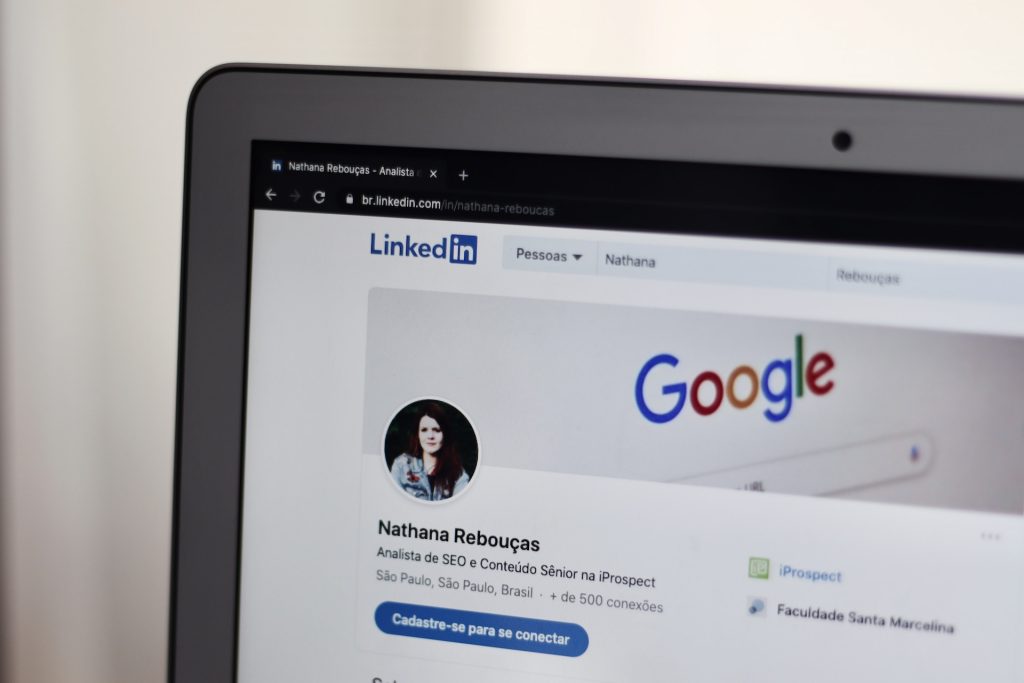
Have you been told that you need a referral to get a job in Canada? Is that advice causing you stress and anxiety?
There are many reasons why you might not be in a position to get a referral:
- You’re a newcomer who doesn’t know too many people in your new city or country
- You’re a student who hasn’t had much work experience yet
- You’ve had other priorities in life and networking wasn’t one of them
I’m here to tell you it’s a myth. You do NOT need a referral to get a job in Canada.
I hope you can breathe easier now. Read on to learn what WILL get you a job!
Where does the myth come from?
Many companies have an employee referral program. For example, Person A working at Company XYZ could submit the name of Person B to the hiring team. This would ensure that Person B’s application will be reviewed, and they’ll be more likely to get interviewed. This is a huge advantage when each job opening can receive hundreds of applications. If Person B is successfully hired and passes probation, Person A would then get a reward. I’ve heard of referral bonuses ranging from a *pat on the shoulder* to $20,000!
The theory is that a job seeker just needs to ask as many people as possible for referrals, and you’ll eventually get hired.
What is the problem with this myth?
For one, not all job seekers have connections for referrals. It can be extremely demoralizing to believe this myth. You’ll start to question your skills and worth. Resentment will turn your already challenging job search into an even more painful experience. And your negative outlook will turn off recruiters and other potential helpers. So if you catch yourself sliding into devastation, do something kind for yourself immediately. Take a break, go for a walk, talk to a loved one. Take care of your mental health now.
Some well-intentioned job seekers who believe the myth might begin networking for the sole purpose of getting job referrals. This misguided approach is also detrimental to career success. Don’t me wrong. As a holistic career coach, I’m ALL about expanding our networks. But the problem with the job referral approach is that it’s short-sighted. It rarely leads to long-term, meaningful, professional relationships.

Over the years, I have received numerous referral requests from people I don’t know on LinkedIn.
My reputation, which costs more than any referral bonus, will hinge on the quality of my referrals. I’m not going to risk my reputation for a stranger. If you don’t build a foundation of trust before asking for a referral, that also reflects poorly on the type of colleague you would be. Am I only a means to an end? I hope not.
I’m sure you’re an awesome person, but please show me that side of you first. Take the time to get to know me, share your story and brilliance with me, and then we’ll discuss a possible referral. Even if the job isn’t a fit, I’ll have more information about you to think of other ways to support you – not just now, but in the future too.
With all this said, you’ll likely still get some referrals using a scattershot approach. However, don’t be fooled. Referrals don’t always mean you’ll move forward to the next step of hiring. Especially with greater emphasis nowadays on Equity, Diversity, and Inclusion (EDI) in the workplace, there’s increased awareness that referrals could lead to more closed cultures. In other words, people tend to refer similar people, which contradicts EDI efforts. Thus, your application may be looked at, but ultimately you still need fit the checkboxes to get an interview.
What is more important than getting a referral for a job?
Companies hire because they have business problems that need to be solved. Referral or not, you must be able to do the job!
Here are important actions you should take to increase your chances of getting hired:
- Research your target industry, company, and job role. Leverage online resources and talk to people.
- Identify how you can uniquely solve their business problems. Reflect on who you are and what you bring to the table.
- Submit high quality applications. Tailor your resume and tell a compelling career story in your cover letter.
- Level up your technical skills. You would have identified the tools, tasks, and trends that are relevant to your target role during the research phase. Become knowledgeable and skillful in those areas.
- Practice communication skills. Build confidence in talking about your experience, interests, and career aspirations. This benefits interviewing and relationship building.

Takeaway: Relationship first. Referral second.
Think you’d be amazing for a position? Then please, by all means try to get a referral! Just don’t treat it as a transaction. Approach it as networking to support the steps above. Then if a connection happens, bring up the possibility of a referral. (Be okay with a “yes” or “no” answer.)
Examples of questions to ask when networking with a “relationship first” approach:
- How did you get started in your field? What has surprised you in your career journey?
- What do you enjoy most about your work? What do you enjoy least?
- What does a typical day look like in your role? What do you wish could be different?
- What are the biggest challenges you face right now?
- What industry trends are you most excited about?
- How do you stay current with new developments in the field?
- What learning resources would you recommend for me?
- Have you ever been wowed by a job seeker? What did they do to impress you?
- Which groups or individuals would you suggest that I connect with as I continue my learning and job search?
Ideally, it’s a two-way conversation that flows back and forth. They share a bit about themselves. You share a bit about yourself. Chit chat authentically like two human beings. You’ll learn so much to support your career development!
If there’s a mutual connection, then you can ask something along the lines of:
- “I see that there’s an opening for the ___ role at your company right now. Given my experiences, do you feel I could be a fit for that position?”
If they say yes, follow with a more direct question like:
- “Would you be comfortable connecting me with the hiring manager to discuss my fit for that position?”
And if they say no, then thank them:
- “Thank you so much for your honest feedback. Could you recommend job titles or companies that I would be most suited for at this time?”
Remember, this is not a script to read. Keep it natural and human! Be gracious and respectful. Always end on a THANK YOU and send a note of appreciation afterwards. Keep them updated on your progress based on the suggestions they had provided you. These follow-up actions will build a meaningful, lasting relationship and keep you on their radar.
So don’t believe that you need a referral to get a job. But DO believe that meaningful, professional relationships will build your career.
This article was inspired by a question posed in a recent coaching call. Learn more about my coaching services.
Crystal Lee, MPH, CPCC is a holistic career coach who helps mid-career professionals transform their work and life with clarity, confidence, and kindness. Let her know if you have a career question and join her newsletter to get the answer!
Stay in the know
Join my newsletter to get career resources, inspiration, and updates!